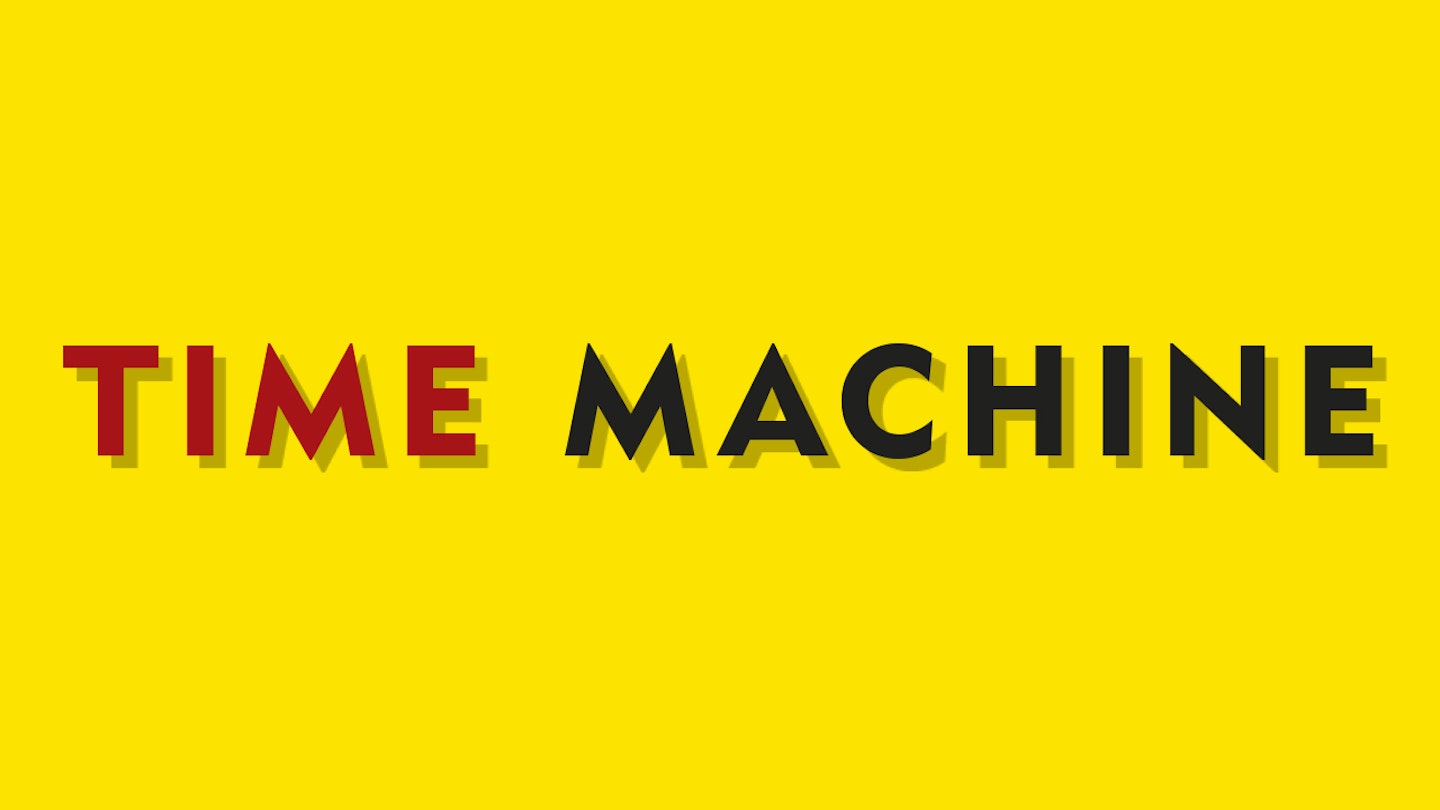12 November, 1976
“Hitler was one of the first rock stars,” quipped David Bowie amid a controversial 1976 Playboy interview. “See how he moved, I think he was quite as good as Jagger.”
Elsewhere, others were similarly conflating the Second World War and rock and roll. 20th Century Records supremo Russ Regan also went into reveries over The Beatles. According to Regan, one such dream involved scenes from the war… set against a musical backdrop provided by the Fabs.
“I dreamt of Hitler at home in Berteschgarten as Fool On The Hill played,” he related. “I heard Michelle being performed as the Americans liberated Paris and Here Comes The Sun as the Japanese planes left their aircraft carrier for Pearl Harbour.”
On 12 November, 1976, this intensely peculiar fancy became a realised project, as Fox released a documentary called All This And World War II that did indeed feature the music of Lennon and McCartney. Simultaneously came a lavishly produced, all-star soundtrack album.
Enter another participant in the dream project – a 6 ft 4 inch hulk of a man known as Lou Reizner, a producer who’d not only shaped Wishful Thinking’s LP Hiroshima but also provided the voice-over on the title track, repeating the words spoken in the actual broadcast that reported to the world the first atomic bomb attack in August 1945. It was Reizner who signed Bowie to Mercury Records. He also produced the stellar version of Tommy that regaled London’s Rainbow theatre in 1972, along with its spin-off boxed double-album, a release that served as a blueprint for All This And World War II.
His friend, award-winning producer-songwriter Artie Wayne recalls that Robert Stigwood originally hired Reizner to be musical director of his planned Sgt Pepper project. “But several months later, when Lou was staying with me, the project developed into something else. It seemed that Robert Stigwood and Lou couldn’t make a deal and Stigwood gave the rights to the tracks back to Lou, including three performances by the Bee Gees, as some kind of settlement.”
It was then that Russ Regan and Reizner began shaping All This And World War II, utilising newsreel footage plus vintage Fox clips from such films as Tora, Tora, Tora, Guadalcanal Diary and Four Jills In A Jeep, plus unlikely appearances by Sydney Toler in a Charlie Chan episode and Humphrey Bogart in Casablanca, the latter offering the line, “They’re asleep all over America” to emphasise his country’s unpreparedness for Pearl Harbor.
However, the conflict onscreen was mirrored by that of the film’s shapers. Tony Palmer, who discussed the film with John Lennon at one point, plus associate Joe Adamson, were both dropped from the project, while researched Susan Winslow was elevated to director.
Meanwhile, Reizner continued assembling the soundtrack with the aid of arranger Wil Malone.
Leo Sayer was engaged to perform I Am The Walrus, providing the line “I am the eggman as the Japanese ‘eggs’ (i.e. bombs) were unloaded on Pearl Harbour and Rod Stewart’s previously recorded version of Get Back was utilised to provide an accompaniment to visuals of goose-stepping Nazi troopers. Elton John, Peter Gabriel, Ambrosia, Tina Turner, The Four Seasons, Bryan Ferry, Keith Moon, The Brothers Johnson, Status Quo, David Essex and others were all enrolled for soundtrack duties, the seemingly endless list even including veteran crooner Frankie Laine who appeared bemused by his inclusion among the rock fraternity.
Some of the production protagonists also contributed to the soundtrack. Reizner and Malone buddy-upped for You Never Give Me Your Money and Artie Wayne also participated, regretfully announcing: “Sad to say, the reggae version of Give Peace A Chance I did with Art Munson and Joe Klein was played over the credits but was recorded too late for the album.”
It didn’t cost more than around $650,000 to make – I didn’t expect it to be Jaws.”
Russ Regan, 20th Centruy records
Not that it mattered. Though the album sold reasonably well, reaching No.23 in the UK album charts, the parent film flopped in spectacular fashion and was hastily withdrawn by Fox. Russ Regan fought something of a tactical retreat, announcing: “We didn’t make the film for the critics. Box office was good for the first week and down the second. But it didn’t lose any money. It didn’t cost more than around $650,000 to make – I didn’t expect it to be Jaws.”
Official sightings of the film have since been extremely rare. Lou Reizner took the project’s failure badly. “Lou put his whole heart into the film and was devastated when it was pulled from distribution,” recalls Artie Wayne. Just a few months later Reizner was dead from cancer aged just 43.
